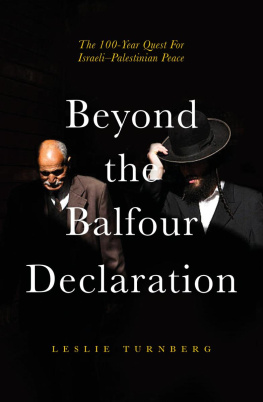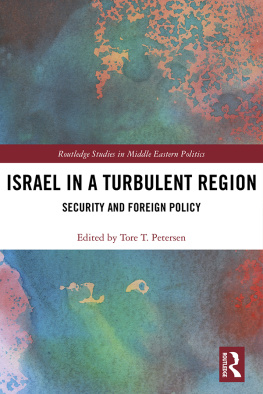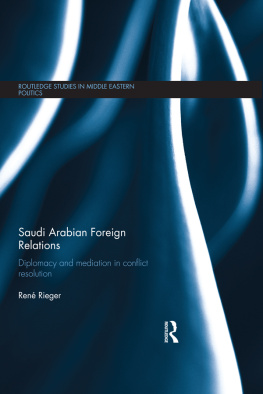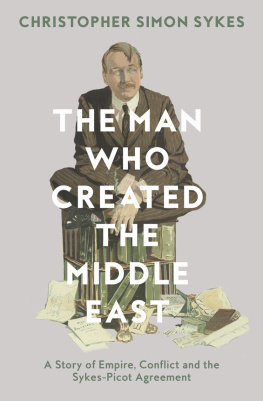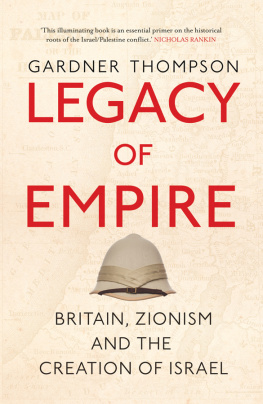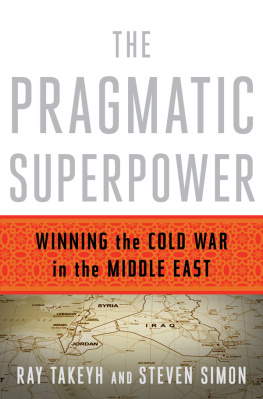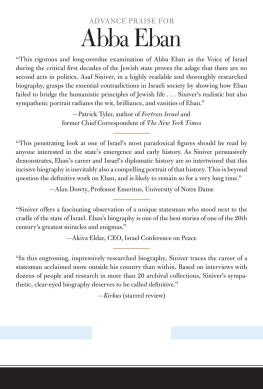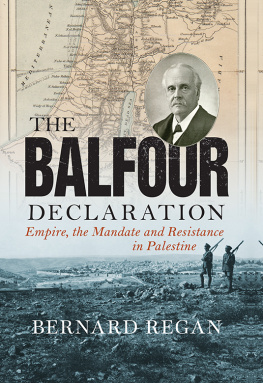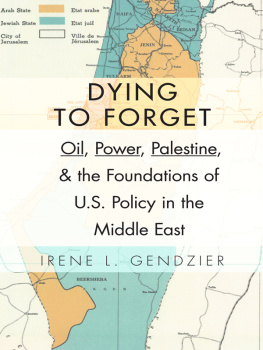Modern Conflict in the
Greater Middle East
Modern Conflict
in the Greater
Middle East
A Country-by-Country Guide
SPENCER C. TUCKER, EDITOR

Copyright 2017 by ABC-CLIO, LLC
All rights reserved. No part of this publication may be reproduced, stored in a retrieval system, or transmitted, in any form or by any means, electronic, mechanical, photocopying, recording, or otherwise, except for the inclusion of brief quotations in a review, without prior permission in writing from the publisher.
Library of Congress Cataloging-in-Publication Data
Names: Tucker, Spencer, 1937- editor.
Title: Modern conflict in the greater Middle East : a country-by-country guide / Spencer C. Tucker, editor.
Description: Santa Barbara, Calif. : ABC-CLIO, [2017] | Includes bibliographical references and index.
Identifiers: LCCN 2016047938 (print) | LCCN 2016048879 (ebook) | ISBN 9781440843600 (alk. paper) | ISBN 9781440843617 (ebook)
Subjects: LCSH: Middle EastPolitics and government21st century. | Arab countriesPolitics and government21st century. | Arab Spring, 2010
Classification: LCC DS63.123 .M63 2017 (print) | LCC DS63.123 (ebook) | DDC 956.04dc23
LC record available at https://lccn.loc.gov/2016047938
ISBN: 978-1-4408-4360-0
EISBN: 978-1-4408-4361-7
21 20 19 18 17 1 2 3 4 5
This book is also available as an eBook.
ABC-CLIO
An Imprint of ABC-CLIO, LLC
ABC-CLIO, LLC
130 Cremona Drive, P.O. Box 1911
Santa Barbara, California 93116-1911
www.abc-clio.com
This book is printed on acid-free paper 
Manufactured in the United States of America
For our good friend Don Hasfurther, the master of Hickory Hill
Contents
Preface
Modern Conflict in the Greater Middle East: A Country-by-Country Guide includes entries on 22 countries, each consisting of a narrative history, a timeline, and a further reading list, as well as sidebars and documents. ABC-CLIO specified the inclusion of Afghanistan, Pakistan, and the Maghreb countries of North AfricaMorocco, Algeria, and Tunisiasince they are considered by most scholars to be part of the Greater Middle East. These five states are not normally thought of as belonging to the Middle East, but they are closely linked to it by religion and culture. The term Greater Middle East is a new one, advanced by the George W. Bush administration early in this century and specifically included the Maghreb, Turkey, Iran, Afghanistan, and Pakistan.
Readers are advised that the necessity to cover so much material has forced me to provide more of a summary of a particular war in the case of one belligerent while furnishing a more detailed explanation of events in that of another country. Thus, the Turkish invasion of Cyprus in 1974 is chiefly covered in the entry on Cyprus, and the most detail on the 1982 Lebanon War is found in the entry on Lebanon rather than in Israel. Finally, because of publishing deadlines this work covers events only through the end of June 2016.
In writing the essays, I was able to draw on work by other scholars in encyclopedias I have edited for ABC-CLIO. These individuals are credited at the end of the country narratives, but most of the work here is my own. I am grateful to my associate Paul G. Pierpaoli Jr. for assembling the documents.
I hope this work will lead to a greater understanding of the region, its history, and its many pressing issuesabove all that of the relationship between the Arab states and Israel.
Spencer C. Tucker
Introduction
World War I is the great watershed in the history of the Greater Middle East. The decision of Ottoman leaders to enter that conflict on the German side was tumultuous, for it ended with a redrawn Middle East. Both Britain and Germany had courted the Ottomans well before the beginning of the war in August 1914, but the August 1, 1914, decision by the British to sequester two powerful battleships being built in British yards that had already been paid for by popular Ottoman subscription angered many Turks. The Germans also capitalized on traditional animosity felt by the Ottomans against Russia.
Still, the Ottoman Empire was undecided and on August 3 declared its neutrality in the war. German admiral Wilhelm Souchons Mediterranean Squadron of the modern battle cruiser Goeben and the light cruiser Breslau dramatically changed the course of events. Souchon managed to avoid larger British and French warships and escape to Istanbul (Constantinople) on August 11. The presence of these two warships was of immense benefit to the pro-German faction in the government.
On August 16 Souchon arranged to sell both warships to the Ottomans as replacements for the two dreadnoughts sequestered by Britain. Although given Turkish names, the two warships retained their German crews, and Souchon became commander of the Ottoman Navy.
With the secret support of Ottoman minister of war Ismail Enver Pasha, the leading supporter of an alliance with Germany, Souchon set sail from Istanbul on October 27 under the guise of a training exercise in the Black Sea. Two days later his ships bombarded Russian bases and laid mines. The Ottoman cabinet had not been informed of the operation in advance, and Souchon falsely reported that the Russians had attacked him first.
Souchons actions brought a formal declaration of war by Russia against the Ottoman Empire on November 4, 1914. Despite the resignation of four cabinet members in protest against what Enver and Souchon had engineered, the Ottoman Empire remained in the war on the side of the Central Powers. This had great impact. It created a new theater of war in the Middle East and caused the Western Allies and Russia to divert important resources to the Transcaucasian and Middle Eastern fronts, perhaps enabling Germany to prolong the war. It also cut French and British access to Russia transiting from the Mediterranean into the Black Sea. The loss to the Entente of this important shipping lane greatly increased the difficulty of getting needed military supplies to Russia. It also denied Russia a means of exporting its goods to the West, greatly adding to its financial difficulties.
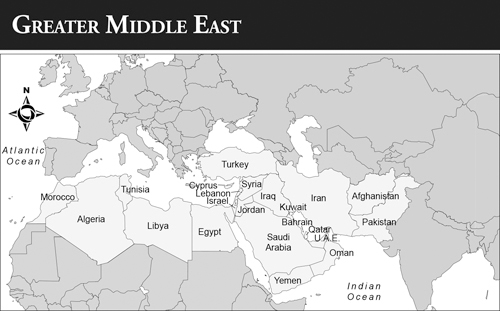
With a few notable exceptions, the war went poorly for the Ottomans. Their offensives in Caucasia against the Russians were largely failures, but under the leadership of Liman von Sanders and Ottoman general Mustapha Kemal (the future Kemal Ataturk), the Ottomans turned back a poorly executed British effort to force the Dardanelles with naval power alone, then contained the Allied landing on the Gallipoli Peninsula.
Several Ottoman efforts to seize the Suez Canal failed, although the Ottomans turned back a British effort to secure Baghdad by winning the Battle of Ctesiphon in November 1915. They then laid siege to the British expeditionary force at Kut al-Amara in December and secured its surrender in April 1916. The British built up their strength and reversed the situation, however. Thanks to an arrangement worked out by the British authorities in Cairo, on June 8, 1916, sharif of Mecca Hussein bin Ali began the Arab Revolt (19161918), with the British pledge of the creation of a single independent, unified Arab kingdom. The revolt was led by Husseins son Faisal, working in concert with British Army captain T. E. Lawrence.
At the same time, the British worked to secure Jewish support. On November 2, 1917, British foreign secretary Arthur James Balfour, well aware of the impact of Zionism, the movement to resettle Jews in Palestine owing to religious persecutions (pogroms) in Russia, issued what became known as the Balfour Declaration. The declaration announced British support for the establishment in Palestine of a national home for the Jewish people.
Next page
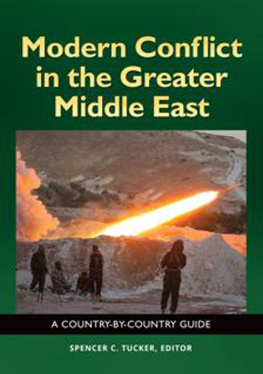
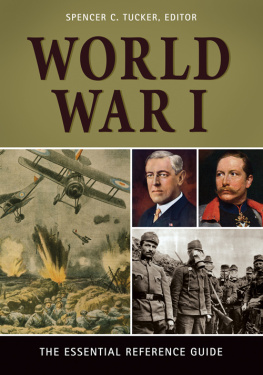
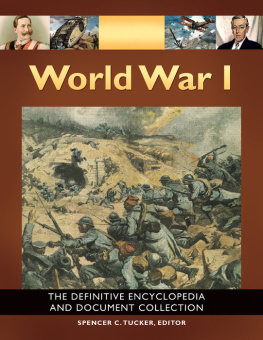
![Spencer C. Tucker - World War II [5 Volumes]: The Definitive Encyclopedia and Document Collection](/uploads/posts/book/128138/thumbs/spencer-c-tucker-world-war-ii-5-volumes-the.jpg)

